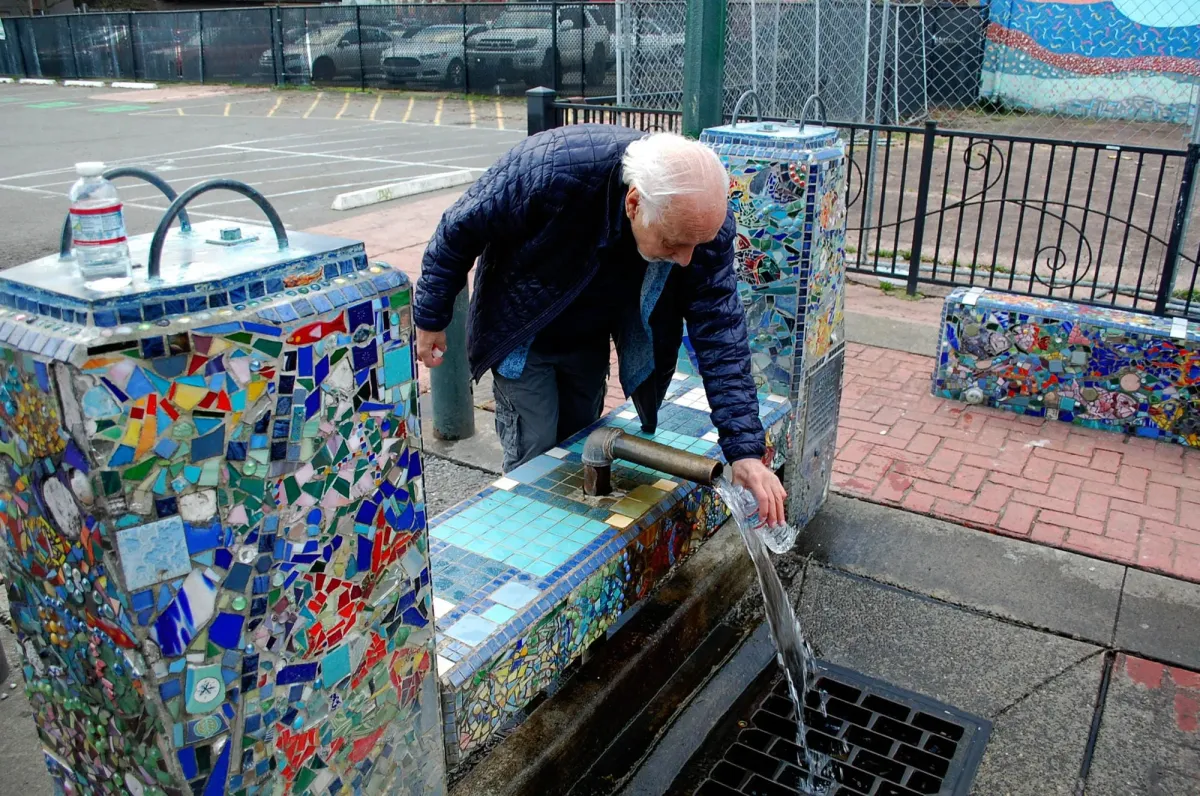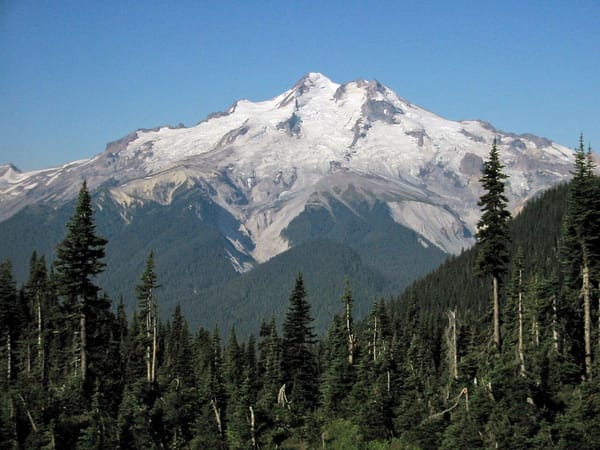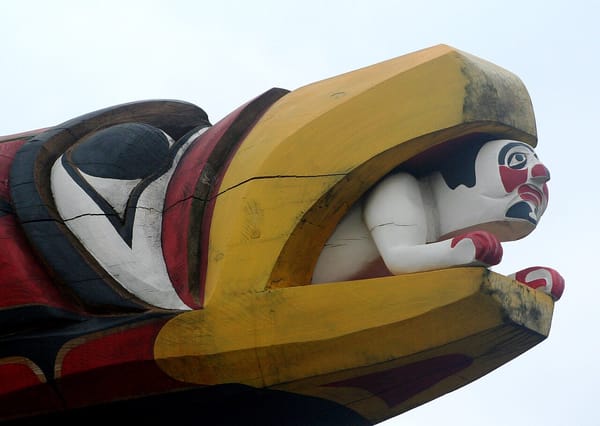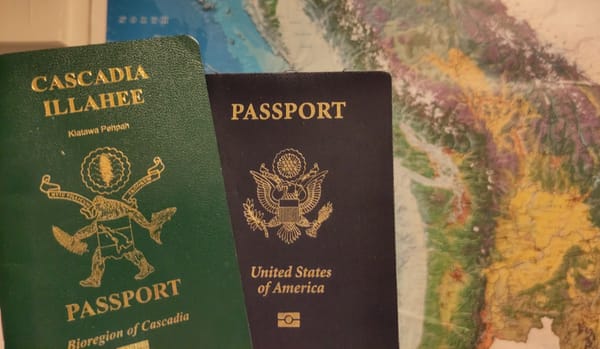Cascadia today: Crosscut closes + Seattle comp plan flops + surreal wildlife art

Cascadia news site Crosscut closes
Today, the sad but not unexpected news reached me that Crosscut, the online news source based in Seattle that has lately been known as Cascade PBS News, will no longer publish longform written journalism. Thanks to the GOP's cuts to federal funding for public broadcasting, Cascade PBS will lay off 16 staff members to deal with a $3.5 million hole in its budget (though PubliCola notes that Cascade PBS is a top-heavy organization, with its upper management making more than $2.2 million a year).
For five years, I freelanced for Crosscut, writing about threatened salmon runs on the Skagit, Seattle's public transit system, how the University of Washington promotes diversity without affirmative action, addressing the fentanyl crisis with safe supply, and most recently, how Seattle's queer and trans communities are seeing Pride in the face of the right wing's active hostility toward LGBTQ people. I've worked with some talented people at Crosscut, and our region will miss its in-depth, no-paywall news from across Washington state.
More than ever, independent new sources providing accurate journalism need your support. Some of the other outlets I continue to work for include PubliCola, The Urbanist, The Tyee, and Columbia Insight. If you can, please take a moment to offer them your financial support.
Here at Cascadia Journal, I'm looking into building our subscriber base and perhaps setting up a Patreon site to fund occasional long-form journalism here. Stay tuned for more details. And if you like what I've been producing here, please consider becoming a paid subscriber. Thanks. --Andrew
Seattle comprehensive plan fails to address housing crisis
The Seattle city council is finally in the end game creating a 10-year plan for growth, and as PubliCola reports, it's basically a "suburban" approach with watered down proposals for slightly more density in "neighborhood centers," that fails to address a lack of housing. An amendment that would have ended parking mandates failed and the plan basically mandates all growth occur in high-traffic, polluted corridors where apartments already exist. Never mind, as the Urbanist reports, that the Seattle school board is practically begging the city to build more housing – Seattle is well on its way to becoming another city only for the wealthy, like San Francisco: case in point, the Seattle Times reports that median household income in Seattle is now over a quarter million dollars.
Body of suspect in child murders likely found
The Associated Press reports that authorities are performing DNA tests on skeletal remains found last week that are believed to be those of Travis Decker – who was suspected of murdering his three daughters at a campground near Leavenworth, Washington in June. Meanwhile, in other news of toxic masculinity, police have arrested four suspects in the horrific beating of a trans woman at a transit center in Renton, Washington last week, KING-5 News reported. The three teens and one 25-year-old adult reportedly shouted homophobic slurs at Nikki Armstrong as they kicked, punched and choked her. The case is being investigated as a hate crime.
Meanwhile, the leader of the United States encourages us all to hate even more.
Wildfires continue to burn in WA
KING-5 News reports on wildfires continue to burn across Washington state despite some cooler temperatures last week. The Bear Gulch fire in the Olympics has burned more than 19,000 acres of one of my favorite places in Cascadia, the North Fork Skokomish River. Blewett Pass over highway 97 was closed recently as the Pomas Fire in the Central Cascades grew. In related news, the Narwhal looks at how drinking water sources in eastern British Columbia, including West Kelwona and Cranbrook, are threatened by increasing intensity of wildfires.
Feds halt cleanup of forever chemicals
In a move that could have an impact on drinking water sources across Cascadia, the US Department of Warfighting™ announced this week that it will delay cleanup of cancer-causing "forever chemicals" such as PFAS that have leached into groundwater from military installations, the New York Times reports. I wrote about PFAS impacts in Washington for Crosscut last year, and for Columbia Insight about how the Washington Department of Ecology is demanding the Army clean up PFAS polluted wells near Yakima.
Clearly an independent Cascadia would better serve our bioregion as we clean up the mess the feds have left behind in the Pacific Northwest.
Surreal wildlife art by Justin Gibbens
In a last coda from Crosscut arts writer Brangien Davis, she profiles central Washington painter Justin Gibbens, whose surreal paintings of wildlife from Cascadia and elsewhere are inspired by collections of dead bird specimens at Central Washington University. In his studio in Thorp, WA, Gibbens creates creepy portraits of three-tailed raccoons and chukars morphed into T-Rex skeletons. Give the piece a read, it's a lovely example of what we'll miss now that Crosscut is gone.
“I know it’s slightly disconcerting … There’s a lot of death in here. But I see it as almost like a chapel that celebrates biodiversity.” --Justin Gibbens
Thanks for reading. --Andrew Engelson





